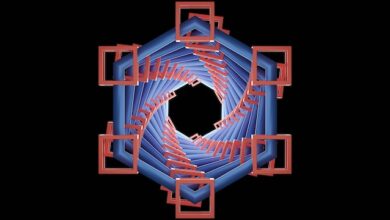Canada Takes Strict Action Against Algorithmic Stablecoin Issuers

Canadian regulators have indicated that stablecoins pegged to fiat currencies may be excluded from oversight, provided that their reserves are liquid and subject to regular audits. As a result, the CSA has issued new criteria for crypto businesses, with a focus on stablecoin issuers, as detailed in a recently released study.
The Canadian Securities Administrators, an institution made up of securities regulators from Canada’s 10 provinces and three territories, has issued new regulations for stablecoin platforms to follow if they want to continue operating legally.
Trading platforms for virtual assets within the country will no longer be able to facilitate their customers’ acquisition or deposit of stablecoins or other “Value Referenced Crypto Assets” (VRCAs) without the CSA’s prior written authorization. One of the administrators’ requirements for approval is proof that the stablecoin is backed by fiat currency.
The CSA is unlikely to approve of a VRCA that does not rely only on a solid reserve to keep its value stable. CSA has no intention of providing such a VRCA, hence this is the result.
Canadian regulators prefer the term “VRCA” to the more common “stablecoin” because many cryptocurrencies that make the same claim have proven otherwise. For instance, in May of last year, TerraUSD (UST), the third largest stablecoin by market capitalization, abandoned its dollar peg owing to algorithmic difficulties.
Compliance with the CSA requires trading platforms to restrict the purchase and selling of such tokens to “highly liquid assets” (cash and cash equivalents) held with a licensed custodian. Furthermore, they must be evaluated on a periodic basis by independent auditors, with the results being made public in a “timely” manner.
Token sales in Canada must follow the rules governing the issuance of securities in the country since “fiat-backed crypto assets often fulfill the definition of security.”
VRCAs related to or backed by assets other than fiat money are typically viewed by CSA as security and derivative in the same way that fiat-backed crypto assets are.
The CSA recognizes the value of stablecoins for a number of applications, including making payments and protecting against price fluctuations. Nonetheless, it still considers them riskier than conventional currencies, such as those used on approved crypto exchanges.
Earlier this month, the US Securities and Exchange Commission (SEC) issued a Wells notice to Paxos, alleging that Paxos’ BUSD stablecoin is an unregistered security unit. Most experts in the field would disagree with this statement.




